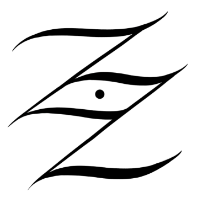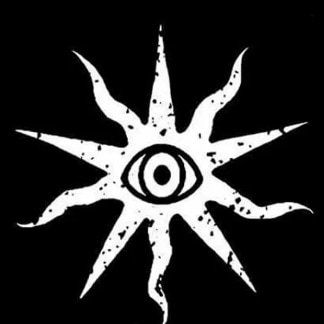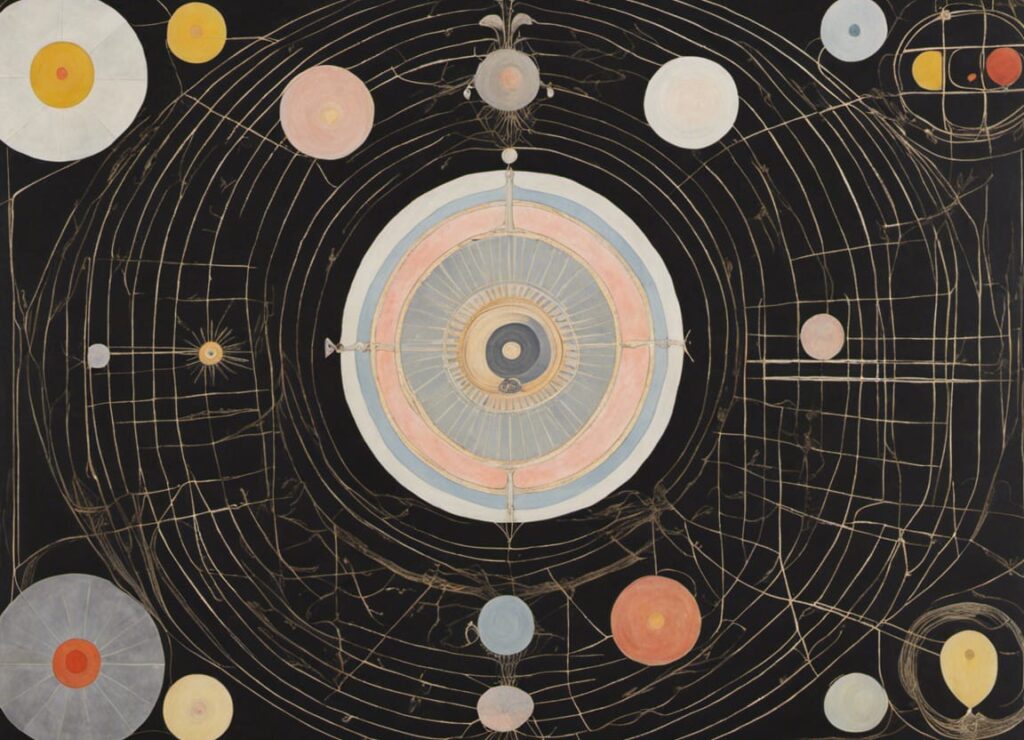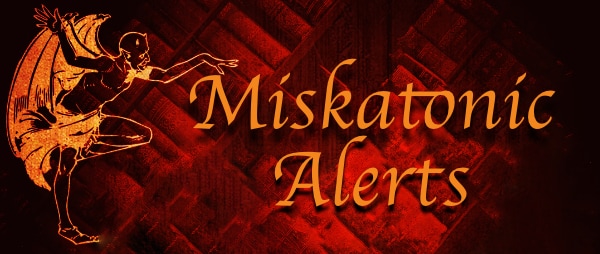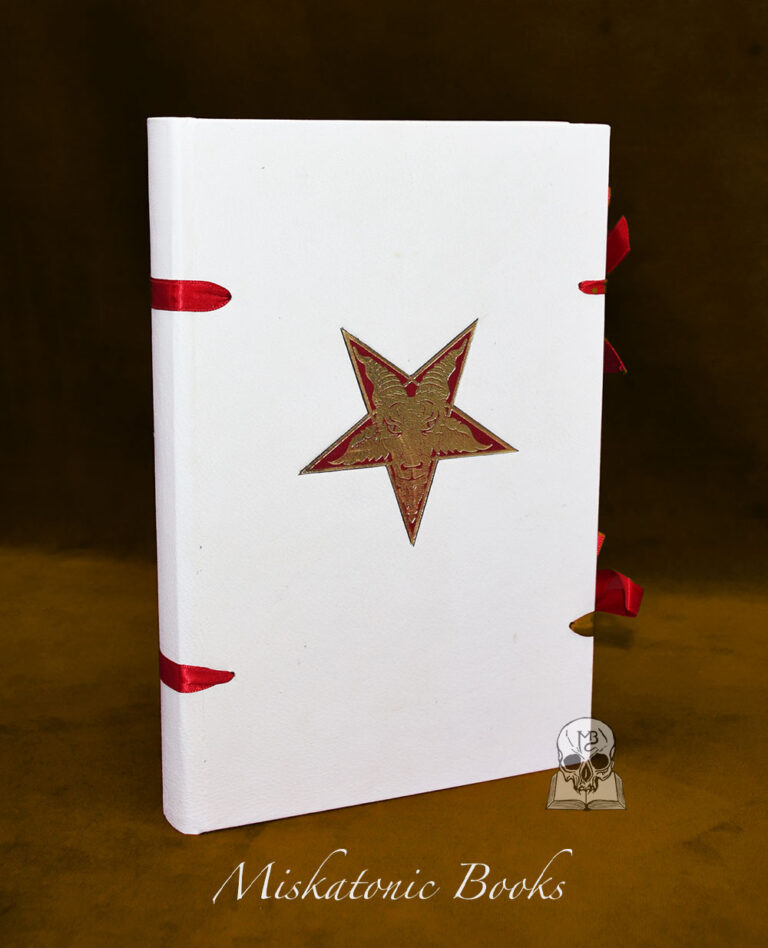In the realm of the arcane and the enigmatic, scrying stands as a time-honored practice that bridges the gap between the seen and the unseen. Rooted in antiquity and revered by mystics, seers, and magicians alike, scrying is an occult art that involves peering into reflective surfaces or other mediums with the intention of gaining insight, revelation, or glimpses into the unknown. While scrying has been attributed to various names and techniques across cultures, from the polished obsidian mirrors of the Aztecs to the crystal balls of medieval Europe, its underlying principle remains constant: the act of gazing unlocks the doors to hidden dimensions, both internal and external.
The Mysterious Origins
Scrying’s origins are shrouded in the mists of time, stretching back through millennia to ancient civilizations. Egyptian priests and priestesses utilized bowls of water, polished metal, or even oil to divine messages from the gods. The classical Greeks had the “catoptromancy,” where practitioners would gaze into a mirror to communicate with spirits. In medieval Europe, scrying became synonymous with crystal ball gazing, often portrayed as the conjuring tool of witches and wizards. Indigenous cultures worldwide practiced scrying in their own unique ways, be it through flame, water, or smoke.
The Mechanism of Scrying
At its core, scrying is an act of focused observation and meditation. The chosen medium serves as a gateway to one’s own subconscious, where symbols, visions, and insights bubble up from the depths. The mind, when allowed to relax and drift, can perceive patterns and images that might otherwise remain hidden. The reflective surface, whether it be a crystal ball, a darkened mirror, or water’s shimmering surface, acts as a catalyst for this process. It provides a blank canvas onto which the subconscious projects its deepest desires, fears, and truths.
Scrying Tools and Techniques
Scrying takes on many forms, each with its own unique rituals and tools. Crystal balls, owing to their natural beauty and clarity, have become the most iconic scrying medium. The art of gazing into a crystal ball often demands a serene environment and a receptive mind. The practitioner gazes without focusing on the physical surface, allowing the mind to wander and the eyes to soften their gaze. Other scrying methods incorporate flames, such as in the ancient practice of pyromancy, where seers would interpret messages from the flickering dance of fire.
Beyond the Veil: What Scrying Reveals
The experiences that arise from scrying are as diverse as the individuals who practice it. Visions might range from symbolic images that require interpretation to direct messages from unseen forces. Some practitioners report glimpses of the past, present, or potential futures. Others delve into their own subconscious, confronting buried emotions or unspoken fears. Skeptics often dismiss these revelations as mere products of the imagination, but to those who practice scrying, the significance is undeniable.
The Ethereal Connection
A common thread that weaves through various scrying traditions is the belief in an ethereal connection—a bridge between the material and spiritual realms. Scrying is not just about peering into a surface; it’s about transcending the boundaries of our reality. The act of gazing becomes a form of meditation, a way to quiet the conscious mind and open a conduit to the intuitive and spiritual aspects of the self.
The Modern Resurgence
In an age of technology and reason, scrying continues to captivate seekers of the mystical. Modern practitioners often blend traditional techniques with contemporary insights. Online communities offer platforms for sharing experiences and refining techniques, allowing the ancient art to adapt to the modern world.
Books Relating To Scrying
-
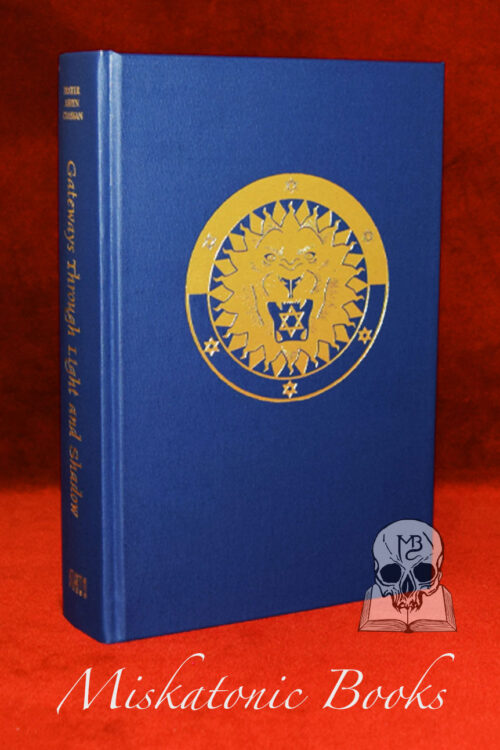 GATEWAYS THROUGH LIGHT & SHADOW by Frater Ashen Chassan – NEW Standard Hardcover Edition$69.00Rated 5.00 out of 5 based on 1 customer rating
GATEWAYS THROUGH LIGHT & SHADOW by Frater Ashen Chassan – NEW Standard Hardcover Edition$69.00Rated 5.00 out of 5 based on 1 customer rating -
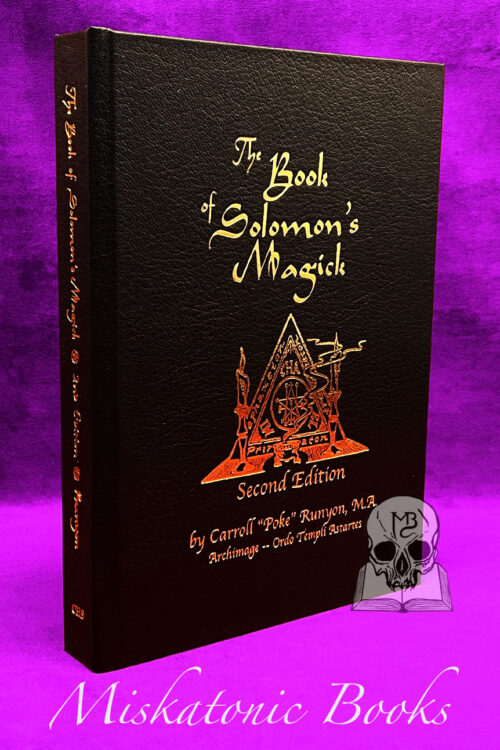 THE BOOK OF SOLOMON’S MAGICK 2nd Edition by Carroll Poke Runyon – Hardcover Edition$89.00Rated 5.00 out of 5 based on 1 customer rating
THE BOOK OF SOLOMON’S MAGICK 2nd Edition by Carroll Poke Runyon – Hardcover Edition$89.00Rated 5.00 out of 5 based on 1 customer rating -
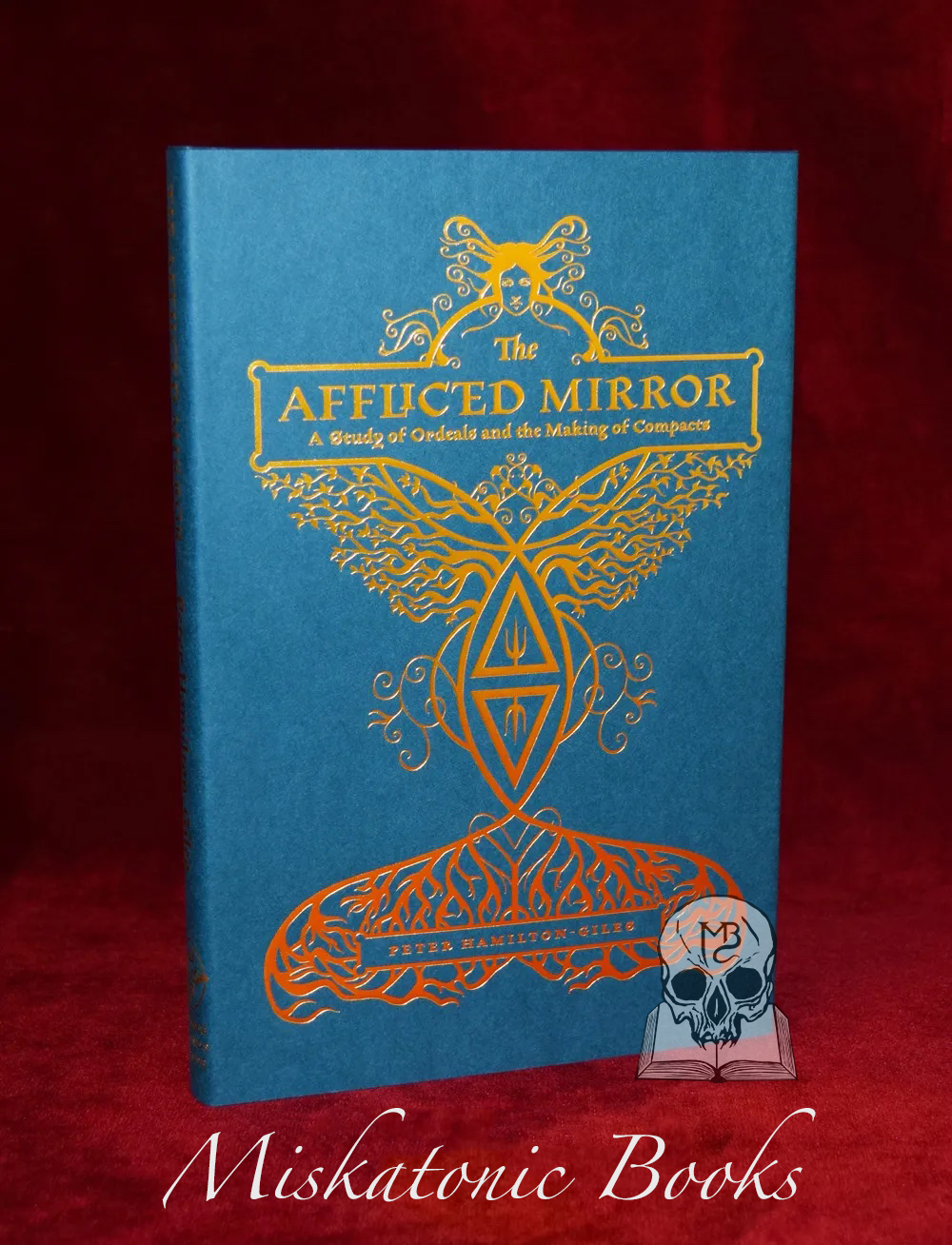 THE AFFLICTED MIRROR: A Study of Ordeals and the Making of Compacts by Peter Hamilton-Giles – Limited Edition Hardcover$61.00
THE AFFLICTED MIRROR: A Study of Ordeals and the Making of Compacts by Peter Hamilton-Giles – Limited Edition Hardcover$61.00 -
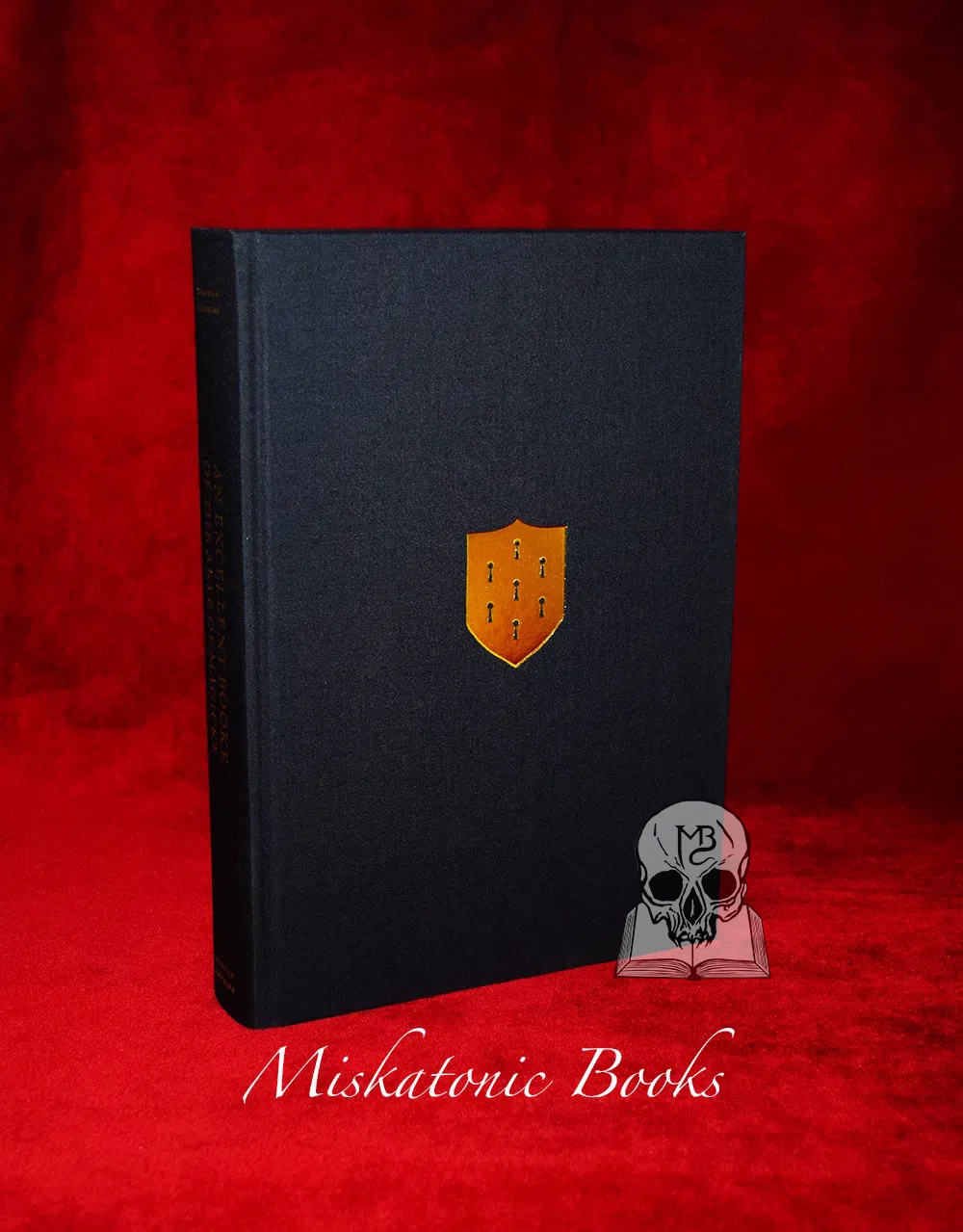 AN EXCELLENT BOOKE OF THE ARTE OF MAGICKE by Phil Legard & Alexander Cummins – Limited Edition Hardcover$159.00Rated 5.00 out of 5 based on 1 customer rating
AN EXCELLENT BOOKE OF THE ARTE OF MAGICKE by Phil Legard & Alexander Cummins – Limited Edition Hardcover$159.00Rated 5.00 out of 5 based on 1 customer rating -
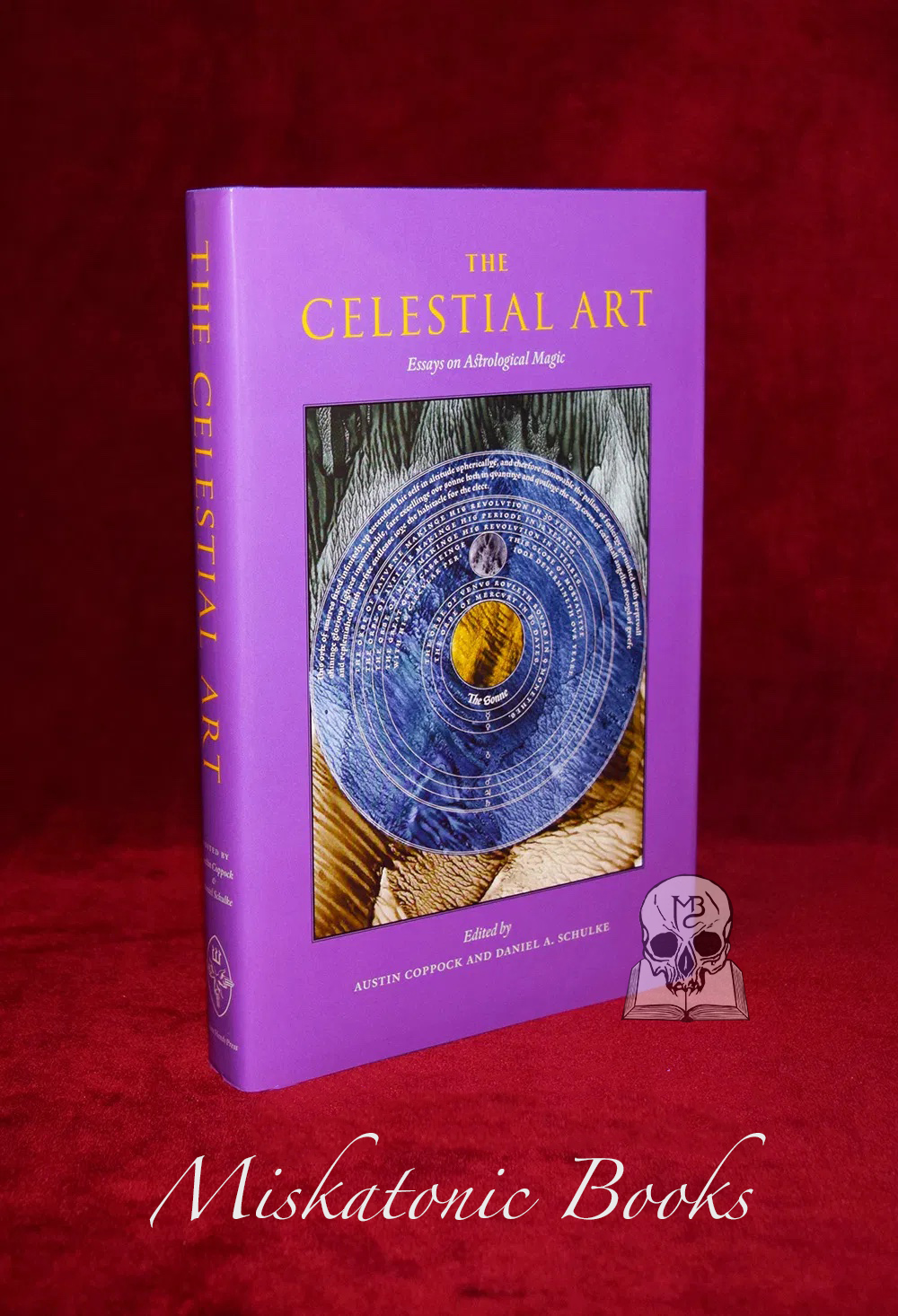 THE CELESTIAL ART: Essays on Astrological Magic Edited by Austin Coppock and Daniel A. Schulke (Limited Edition Hardcover)$85.00
THE CELESTIAL ART: Essays on Astrological Magic Edited by Austin Coppock and Daniel A. Schulke (Limited Edition Hardcover)$85.00 -
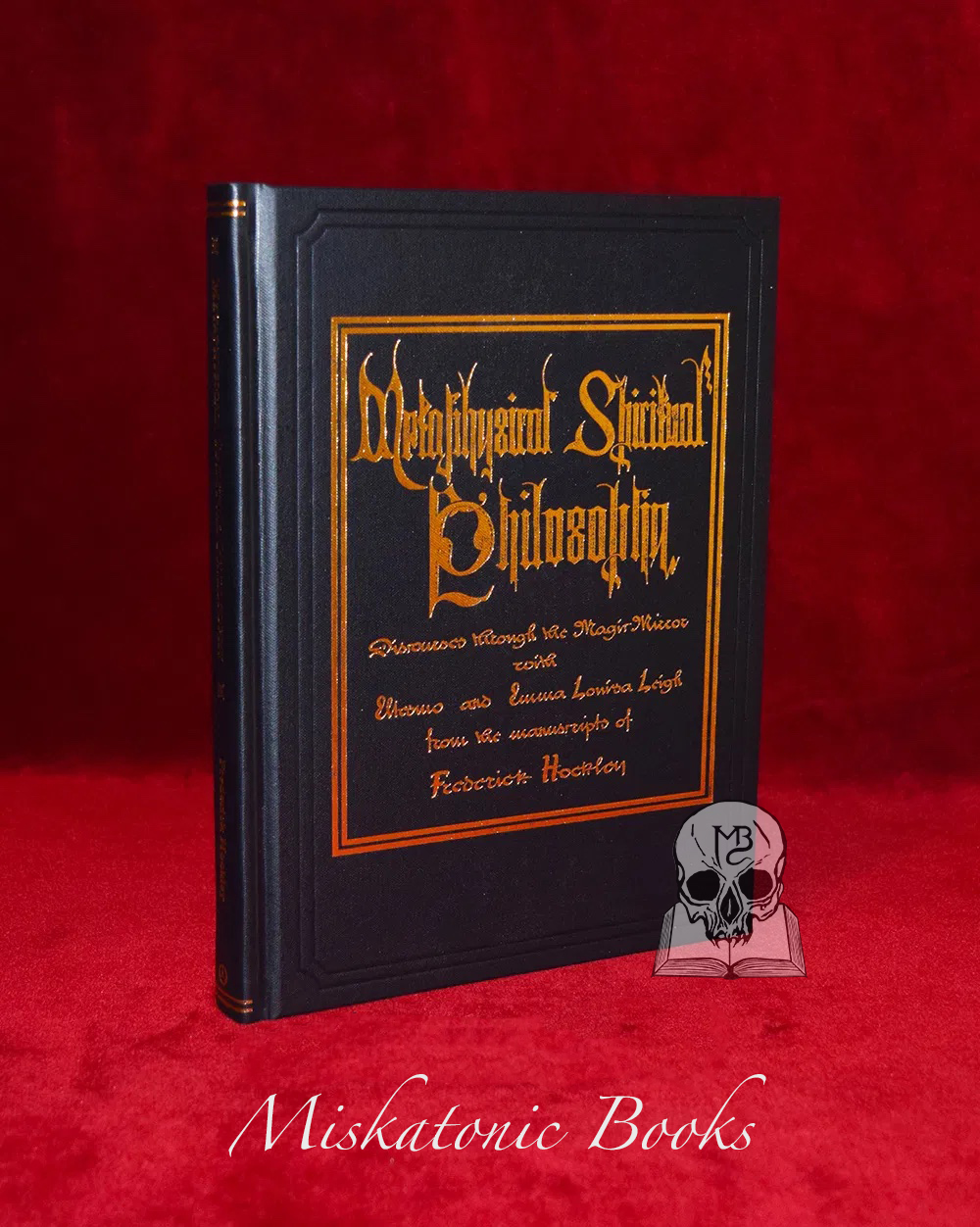 METAPHYSICAL SPIRITUAL PHILOSOPHY: Discourses Through the Magic Mirror with Eltesmo and Emma Louisa Leigh by Frederick Hockley (Limited Edition Hardcover)$60.00
METAPHYSICAL SPIRITUAL PHILOSOPHY: Discourses Through the Magic Mirror with Eltesmo and Emma Louisa Leigh by Frederick Hockley (Limited Edition Hardcover)$60.00
Scrying stands as a testament to humanity’s enduring fascination with the unknown. From the oracles of ancient civilizations to the spiritualists of the 19th century, individuals have sought to pierce the veil that separates the visible from the hidden. While skeptics may regard scrying as nothing more than a parlor trick or self-induced hallucination, its practitioners understand it as a window into the deeper currents of consciousness and the boundless mysteries that lie beyond our everyday perceptions. Whether as a tool for divination, self-discovery, or communion with the numinous, scrying remains an alluring practice that reminds us that, despite our technological prowess, the world still harbors realms that defy explanation—a truth that keeps the flame of curiosity alive.



